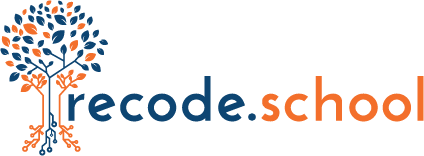pathways to hope
Quick story then a link for something you should read from Kentucky.
A couple years back a veteran school leader was analyzing Next Gen and after speaking for a bit and experiencing it himself ... he said to me something akin to "you are dealing in hope at Next Gen."
He said it in a way that felt like we were "selling hope" so at first I cringed. I want to sell learning or growth or better experiences for kids. He sensed that and clarified that giving people hope is not a bad thing, indeed it is one of the best things. In systems that might feel hopeless or situations that cause a teacher to lose faith, pathways to hopefulness are crucial. In public education these days, especially when talking large scale change, it is easy to find hopelessness and difficult to discern hope.
I've pondered this a lot since that moment and I've come to the place where providing pathways to hope is just part of the leaders job. In fact, it is critical to culture and growth of a school.
So, that struck me again as I read the story of Knight Middle in Louisville, a school that is part of Next Gen this year but has been on a growth journey for a few years. Their principal, Cathy Gibbs, said:
“We hired teachers based on our collective belief that the overwhelming majority of our students want to engage, belong and be successful, and if WE built that school together, then Knight would see success. We were HOPE dealers, setting out on a journey to rewrite a school’s story and looking for people who had the fire in their belly to make it a reality.”
Cathy strikes me as just such a hopeful leader. When you take the reigns of Knight Middle clearly a person has internal hope (or they probably would not take the job). But, the more difficult leadership question is whether they can provide external hope. Can you provide a vision, backed with execution, that goes from hopeless to hopeful? Being a "hope dealer," as Cathy says, is not something to cringe at it is something to celebrate. In today's world, it is too rare.
Please give the whole article a read and if you want to chat with Cathy about it her twitter handle is @cathygibbs1 (she is awesome and would welcome the interaction).
This is how it works. Leaders, hope, culture, student voice, execution, persistence ... over time, everyone adjusts and raises their game. You don't get all of what you hope for, but what you do get changes kids' lives. Remember, leaders don't really make change happen. Teachers, kids, and families are the change agents within school systems. But, stories like the one at Knight Middle start with a leader and a pathway to hope.

